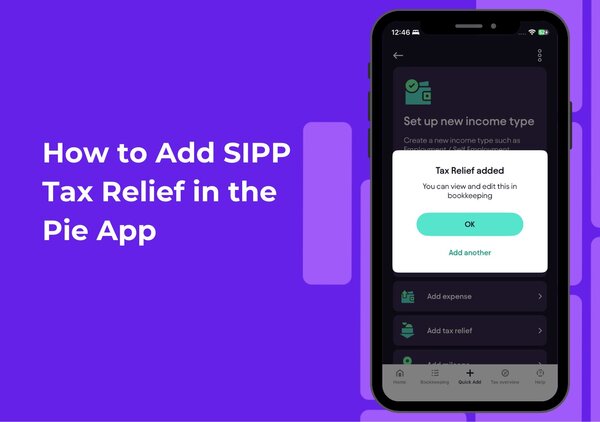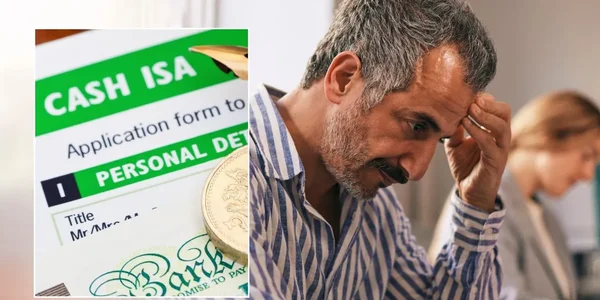HMRC Urges Young Adults to Claim Up to £1.7bn in Forgotten Child Trust Funds
HM Revenue & Customs (HMRC) has renewed calls for young adults to check whether they are sitting on forgotten savings worth thousands of pounds. An estimated £1.4–£1.7 billion is currently unclaimed in Child Trust Funds (CTFs) tax-free savings accounts set up for children born between September 2002 and January 2011. According to HMRC, around 728,000 accounts remain untouched, though some reports suggest the figure could be closer to one million.
Each CTF holds an average of £2,000–£2,200, yet many account holders are unaware the funds exist. In a social media post, HMRC reminded parents and young people that these accounts can be accessed once the child turns 18. Campaigners, including charities such as The Share Foundation, are calling for stronger measures to ensure these savings reach the people entitled to them, with proposals ranging from improved tracing systems to possible automatic payouts.
The Scale of Unclaimed Funds
Government figures estimate that £1.4bn across 728,000 accounts is waiting to be claimed, while a parliamentary report suggests the real total could be nearer £1.7bn and involve nearly one million young adults. These discrepancies reflect different data sources and cut-off dates but highlight the same problem: vast sums are unclaimed because people don’t know the money is theirs.
With each fund averaging about £2,000–£2,200, the collective amount could make a substantial difference to young people starting university, work, or independent life.
Who Is Eligible for a Child Trust Fund?
CTFs were introduced in 2002 for children born between 1 September 2002 and early January 2011 (sources vary between 2 and 3 January as the closing eligibility date). The government initially contributed £250 (or £500 for low-income families) into these accounts, with some children receiving a second payment around age seven. Families and friends could also add contributions up to annual limits.
The scheme was scrapped by the coalition government in 2011, but funds already opened remain active and continue to earn interest until claimed.
Why So Many Accounts Remain Unclaimed
Many young adults are unaware that a CTF exists in their name, particularly where parents did not take action to set one up and HMRC had to allocate an account automatically. In these cases, families often received no ongoing account details.
Additional challenges arise for young people who have changed their name, lost track of paperwork, or face accessibility barriers such as disabilities. Charities warn that without intervention, hundreds of thousands of these accounts may remain dormant indefinitely.

Calls for Reform and Automatic Payouts
Campaign groups, including The Share Foundation, argue that more proactive steps are needed. Proposals include using National Insurance data, PAYE records, student loan systems, or benefits information to trace and alert account holders.
While there is talk of introducing automatic payouts when account holders reach 21, these proposals have not yet been formally adopted by the government. If implemented, they could release hundreds of millions of pounds particularly benefiting low-income households, who account for a significant portion of the unclaimed funds.
How to Find and Claim a Child Trust Fund
Locating a CTF is straightforward and free. The government offers a search tool through GOV.UK, requiring only a National Insurance number and date of birth. The Share Foundation also provides a free tracing service. Once you’ve claimed your savings, you may also need to start filing tax returns depending on your circumstances. Our guide on Making Tax Digital self-assessment walks you through the process step by step.
HMRC stresses that there is no need to pay third-party companies offering to track down funds for a fee. Financial experts like Martin Lewis have also warned against these services, reminding young people that claiming is free and simple.
The Potential Impact of Releasing the Funds
Reuniting young adults with their savings could have significant financial and social benefits. For many, it could cover the costs of higher education, training, or living expenses. On a broader scale, unlocking £1.4 £1.7bn could provide a welcome boost to the economy, with funds circulating back into local communities.
Charities and campaigners argue that failing to act risks deepening inequality, as the largest share of unclaimed accounts belongs to disadvantaged families who would benefit most from access to the savings. For many young adults, a Child Trust Fund could be the first step into financial independence. If you’re planning to start earning extra income, our guide to UK side hustle tax explains how to stay compliant with HMRC rules.

Final Summary
HMRC urges 18-year-olds to check unclaimed CTFs
The renewed HMRC alert highlights a pressing financial issue: more than £1.4bn and possibly as much as £1.7bn is lying dormant in Child Trust Fund accounts. Created to give every child a financial start, these accounts are now failing to meet their purpose because too many young people remain unaware they exist. While free tools exist to trace and claim funds, the system’s reliance on individual initiative is leaving hundreds of thousands behind. To check directly, use HMRC’s official Find a Child Trust Fund tool, which is completely free.
Charities, campaigners, and parliamentary committees are calling for reforms, from improved tracing systems to automatic payouts at age 21. If realised, these changes could unlock millions of pounds for young adults at a critical stage in life. For now, the message is clear: anyone born between September 2002 and January 2011 should check whether they have a CTF and claim what is rightfully theirs.











